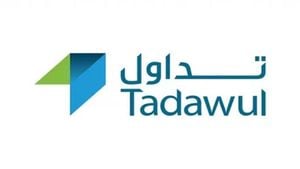Regulations surrounding school absence justification for health reasons have seen recent updates, clarifying the number of days students can miss school without the necessity of presenting medical documentation. The Rospotrebnadzor, Russia's public health watchdog, has ruled on this issue, providing parents with important information on administrative practices across educational institutions.
According to the agency, most educational establishments permit students to be absent for up to five calendar days without requiring parents to submit medical certificates. This update helps alleviate some of the pressure parents face when their children fall ill, allowing for brief periods of absence without formalities. Notably, this applies to absences due to illness or other valid reasons, as confirmed by the press service of the Rospotrebnadzor.
“Most educational institutions allow absences for up to five days without providing medical documentation,” the authority stated, emphasizing the significance of ensuring consistency across schools to support parents.
While the general rule is clear, it’s suggested by health authorities for parents to familiarize themselves with each school or kindergarten’s specific policies, as institutions may establish their unique internal rules. This means the leniency may vary significantly from one school to another, necessitating parents' awareness of their children's educational settings.
Regular attendance is often emphasized, as substantial absences can adversely affect children's adaptation and academic performance. The Rospotrebnadzor strongly encourages monitoring school attendance to support students' educational journeys.
With the new guidance from Rospotrebnadzor, parents can understand their rights and responsibilities when their child’s health affects their school attendance. The practical approach taken by the agency aims to provide parents with reassurance amid health-related uncertainties.
The information serves to clarify misconceptions about school attendance protocols, potentially reducing anxiety for families managing the challenges of sickness and absence. Educational authorities urge parents to realize their contributions to their child’s educational success, promoting timely attendance as fundamental to learning.
This development coincides with other administrative practices observed across Russian education, as revealed by various reports from the nation’s regions, such as the incident concerning the hiring of educators without appropriate documentation. Guidelines established by labor laws and regulations focus closely on hiring practices, ensuring the quality of education and safety for students remain top priorities.
Such adjustments reflect broader efforts within Russia's educational framework to create policies supporting student health and attendance, allowing for necessary accommodations when students face health issues. Keeping open communication between schools and families can facilitate smoother transitions and support students' educational needs.
Overall, the latest updates on absence justification contribute to the balance of strict educational guidelines with the day-to-day realities many families must navigate, showcasing the dual role of education systems as both regulatory bodies and supportive communities.



